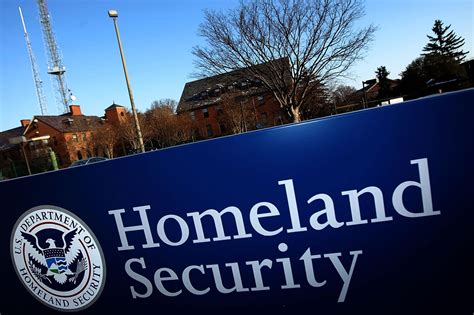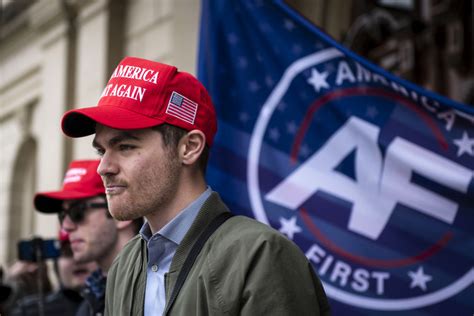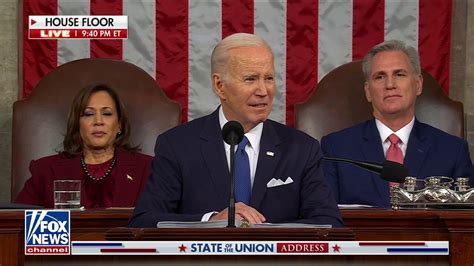In the heart of Washington, a storm brewed as National Security Agency chief General Timothy Haugh faced an abrupt dismissal. The reason behind his firing remained shrouded in mystery. However, a far-right activist ignited flames of speculation by pointing fingers at Haugh’s alleged connections to retired Army general Mark Milley, a vocal critic of former President Donald Trump.
Enter Laura Loomer, a controversial figure known for her conspiracy theories. In a bold move, she took to social media to accuse Haugh of being
“HAND PICKED by General Milley,”
without providing concrete evidence. This single post set off a chain reaction within the Pentagon’s corridors and beyond, triggering concerns among officials past and present about potential purges looming over national security circles.
As whispers spread like wildfire through the halls of power, one question dominated conversations: Who would be next in line? With hundreds of individuals having crossed paths with Milley during his extensive military career spanning four decades, no one seemed safe from scrutiny. Every high-ranking official now found themselves walking on thin ice, fearful that any perceived association with figures falling out of favor or simply serving under President Joe Biden could mark them as disloyal targets.
A sense of unease gripped the military establishment as fears mounted that even esteemed four-star generals could find themselves in the crosshairs. The specter of loyalty tests haunted those who had climbed the ranks during Milley’s tenure. Would they too face allegations linked back to their ties with the outspoken Army veteran?
“I will be releasing more names of individuals who should not be in the Trump administration due to their questionable loyalty & past attacks on President Trump,”
Loomer ominously declared in her online missive.
Amidst this chaos, Democratic lawmakers raised alarm bells over what they saw as a dangerous trend unfolding—a trade-off between an apolitical military and one pledged solely to Trump. Senator Jack Reed minced no words when he criticized the firings as sending a
“chilling message”
throughout military ranks—an insinuation that offering candid advice could come at great personal cost.
The sudden departure of Haugh coupled with exits from other key figures within national security circles painted a grim picture of an unpredictable purge gaining momentum under Trump’s watchful eye. Reports surfaced hinting at possible litmus tests for loyalty within Trump’s administration—hinting that many more heads could roll if ties to individuals like Milley were deemed suspect.
But how deep does this rabbit hole go? With prominent leaders such as General Michael Kurilla and General Christopher Cavoli potentially vulnerable due to their promotions during Milley’s era, anxiety ran high among those nearing retirement age or holding influential posts within the armed forces.
However, it is crucial to note that while Milley may have provided counsel on certain promotions, ultimate decisions rest in the hands of the president and defense secretary—a fact often lost amidst swirling speculations and political maneuverings.
General Mark Milley himself emerged as a central figure in this unfolding drama—an enigmatic persona who once stood shoulder-to-shoulder with Trump before their relationship soured dramatically. His thinly veiled remarks likening Trump to a
“wannabe dictator”
reverberated through Washington long after his retirement ceremony in 2023—a stark reminder of simmering tensions between military brass and political leadership.
Trump’s meeting with Loomer prior to Haugh’s ousting only added fuel to an already raging firestorm. Reports suggested she handed him a list naming disloyal national security staff members—a move seen by some as wielding undue influence over critical appointments based on personal biases rather than meritocracy.
As dark clouds loom over Washington’s power corridors, uncertainty grips those caught in this web spun by competing interests and shifting allegiances—the consequences reverberating far beyond mere job losses into uncharted territory where principles clash head-on with politics.









Leave feedback about this